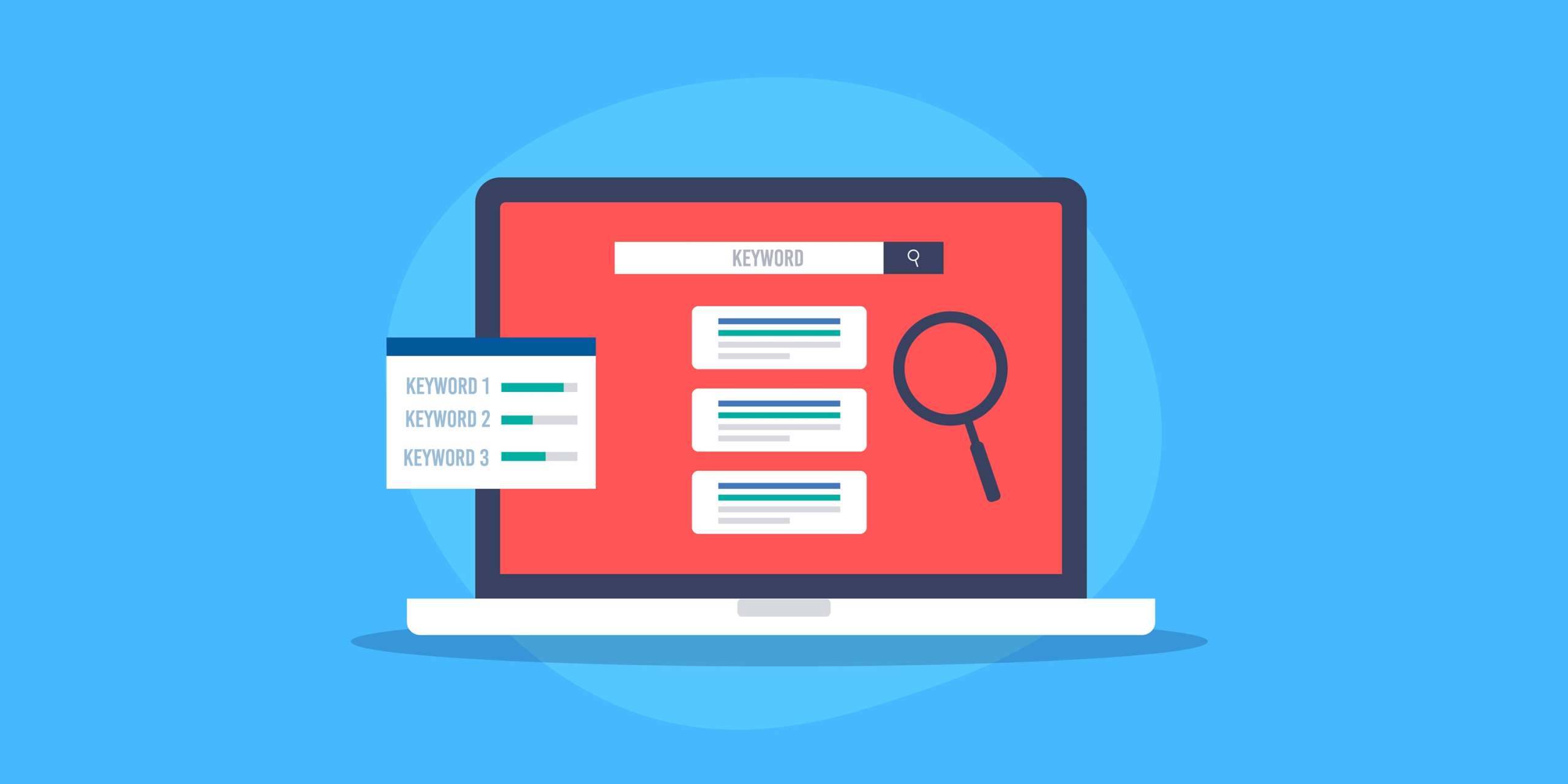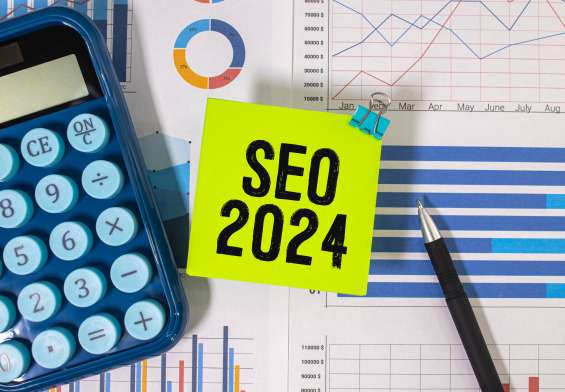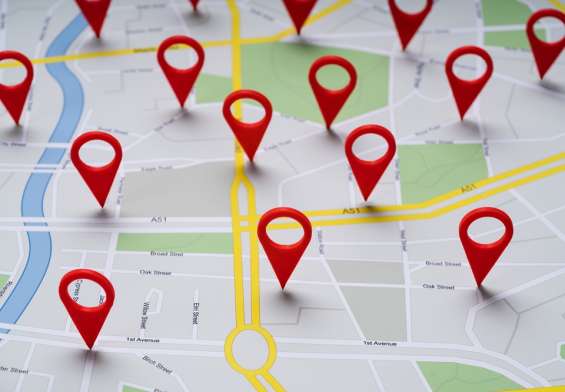It’s an all too common scenario: you’re aware of your business’s need for online visibility, but you have no idea where to start. These days, Google is the arbiter that decides where customers eat, who they hire, and who offers the most trustworthy services. That’s why local internet marketing services are invaluable for today’s small businesses. From restaurants to contractors, lawyers, and retail shops, internet marketing catalyzes consistent growth for them all. For a broader breakdown of what these services include, see What Are Local Internet Marketing Services?
Quick Answer: How Local Internet Marketing Services Work for Small Businesses
Local internet marketing services help nearby customers find and choose your business online. They use strategies like local SEO, Google Business Profile optimization, targeted ads, content, and reviews to increase visibility in local searches. The process includes understanding your audience, selecting the best channels, creating helpful content, promoting it across platforms, and tracking results to bring in more calls, leads, and foot traffic.
Key Components of Local Internet Marketing Services for Small Businesses
Local online marketing services combine many strategies, fueling small businesses’ visibility when customers search in their area. Each part of the system supports visibility, trust, and conversions for local buyers.
1. Local SEO That Helps Customers Find You Faster
Local SEO helps your website and Google Business Profile appear in searches that include terms like “near me,” town names, ZIP codes, and service areas. Search engines look for signals confirming who you are, what you offer, and where you operate. Strong local digital marketing services confirm visibility when customers show local intent.
To understand this more deeply, explore What Is NJ Local SEO and Why Does Your Business Need It?
Local SEO often includes:
- Optimizing website content with local keywords.
- Creating town-specific landing pages.
- Adding local schema markup.
- Earning backlinks and citations from reputable local sites.
- Improving NAP consistency across directories.
Local businesses can also enjoy implementing LocalBusiness schema markup. It’s like a Rosetta Stone that deciphers your site’s language into something search engines can understand. That way, they have a better grasp on your business details, which improves eligibility for rich results in search.
Studies show that businesses with fully optimized profiles receive significantly more calls, website visits, and direction requests. This makes optimization critical for local Maps visibility.
2. Geo-Targeted PPC Ads That Capture High-Intent Local Buyers
Paid ads use platforms like Google Ads to target specific towns, neighborhoods, and ZIP codes. Local PPC helps small businesses reach people searching for immediate solutions such as “emergency plumber near me” or “same-day dentist appointment.” Geo-targeting prevents wasted spend on audiences outside your service area.
For an in-depth explanation of PPC, see What Is PPC in Digital Marketing?
3. Localized Content Marketing That Boosts Community Visibility
Localized content tells Google your business is relevant to specific towns and neighborhoods. It also educates customers and builds trust. The most effective local content blends practical advice with local relevance.
Examples include:
- “[Your Service] in [Town, State]” blog posts.
- Case studies from real jobs in nearby neighborhoods.
- Seasonal posts tied to local demand, such as hurricane prep or winter maintenance.
- Buyer guides tailored to local regulations or climate considerations.
4. Social Media Marketing That Connects You With Nearby Customers
Local social media strategies help small businesses meet your customers where they’re already at. Posts can highlight community events, local partnerships, behind-the-scenes updates, and customer stories. Even simple updates can strengthen trust and improve brand recall in your area.
To see how SEO and social media work together, check SEO and Social Media Marketing: What Are They and How Do They Impact Each Other?
5. Review and Reputation Management for Stronger Local Trust
Reviews influence up to one-third of local ranking signals. Google evaluates review quality, quantity, and recency, all affecting your position in the Map Pack. A steady flow of reviews also increases trust for potential customers comparing local options.
Reputation services usually include:
- Requests for new reviews from satisfied clients.
- Monitoring platforms like Google, Yelp, and Facebook.
- Responding to reviews to show engagement and professionalism.
6. Website Optimization That Improves Local Conversions
If your website’s not fast, mobile-friendly, and simple to use, it’ll drive customers away. Remember, more than half of local searches happen on mobile devices. There needs to be as little friction as possible between local customers and actions like calling, booking, or finding directions. Strong UX helps convert search visibility into real customers.
How Local Digital Marketing Strategies Work Step-by-Step for Small Businesses
Think of local online marketing as a puzzle to be solved. Each part of the process represents a piece of that puzzle, driving customers toward choosing your business.
Step 1: Identify the Local Customers Most Likely to Choose Your Business
Local marketing begins with understanding who your customers are and how they search. Businesses must identify what people in their town care about most and where they spend time online.
Step 2: Strengthen Your Local Online Presence Across Google
Google needs clear signals about your services and service area. This requires optimizing your website, improving your Google Business Profile, and keeping your information consistent. These updates help Google match you to relevant searches and boost your Maps visibility. The rest of your local digital marketing strategies grow out from here. Every other tactic builds on the clear, accurate business information you’re providing.
Step 3: Create Local Content That Matches Real Search Intent
Content strengthens your authority in the community. Blog posts, landing pages, and videos answer questions people already search for. The more targeted content you publish, the more opportunities you create to appear for local queries.
Step 4: Promote Your Content Across the Channels Locals Use Most
Promotion gets your content in front of the right people. Paid ads, email campaigns, social media, and community groups are all signal boosters. This step keeps your business in local resident’s minds.
Step 5: Build Local Authority Through Reviews & Community Signals
Google rewards businesses with strong authority. Local backlinks, sponsorships, partnerships, and reviews all strengthen your prominence. Local authority often separates top-ranking businesses from those buried below competitors.
Step 6: Track Local Calls, Clicks, and Conversions
Analytics show which efforts drive the most calls, visits, and leads. Small businesses should track GBP insights, call logs, ad conversions, and website behavior. These insights fuel the engine for smarter decision-making.
Step 7: Optimize and Scale Your Local Marketing System
Successful small businesses refine their strategies monthly. As results grow, they expand into nearby towns or run seasonal promotions. Optimization helps your marketing system stays profitable over time.
The Local Search Ecosystem: How Google Ranks Small Businesses
Google relies on three core factors when deciding which local businesses appear first.
1. Proximity: Why Being Nearby Matters in Local Search
Google favors businesses closest to the searcher’s location. This is especially true for mobile searches, which tend to have more urgency.
2. Relevance: Matching Your Services to Local Search Intent
Google needs to understand exactly what your business offers. Accurate categories, keywords, and content help match your business to relevant local queries.
3. Prominence: Reviews, Links, and Signals That Boost Local Rankings
Prominence comes from reputation, reviews, backlinks, and community engagement. Strong prominence signals can help small businesses outrank competitors even outside their immediate neighborhood.
Real-World Examples of Local Internet Marketing in Action
Contractors: Dominating Town-Based Searches
Imagine a roofing company building landing pages for towns in its service area. They use PPC ads to target emergency repair searches. Optimized blog posts answer local homeowner questions. Review campaigns encourage photo uploads. Over time, the business ranks for dozens of high-intent local queries.
Restaurants: Driving Foot Traffic Through Local Visibility
Let’s say a restaurant optimizes its menu on GBP, posts daily specials on social media, and earns links from local food bloggers. Local ads and event promotions increase both online visibility and in-person visits.
Medical Offices: Attracting Patients Through Local Authority
Picture a medical practice creating condition-specific landing pages tied to local neighborhoods. Review management builds patient trust. Local SEO improves visibility for healthcare queries, and targeted ads generate appointment requests.
Here’s where you can explore more powerful local internet marketing examples.
Benefits of Local Internet Marketing Services for Improving Online Visibility for Small Businesses
Local internet marketing offers long-term, sustainable growth for small businesses. It helps businesses attract consistent leads without relying on outdated advertising methods. Stitching all these benefits together weaves a tapestry of online visibility for small businesses, giving them the competitive edge in crowded local markets.
Major Benefits Include:
- Increased visibility in Google Search and Google Maps.
- More calls, inquiries, and online bookings.
- A stronger online reputation through consistent reviews.
- Better ROI than traditional or print advertising.
- Higher trust among nearby customers.
- More control over your marketing system and results.
How to Choose the Right Local Internet Marketing Company
What the Right Local Marketing Partner Should Offer
- Local keyword research.
- GBP optimization and local content creation.
- Directory and citation management.
- Geo-targeted ads and remarketing.
- Transparent reporting and analytics.
- Industry-specific experience.
- Custom strategies for local business growth.
Red Flags: When to Avoid a Local Marketing Provider
- No transparent reporting.
- Guaranteed rankings.
- Outdated SEO tactics.
- Lack of review strategy or GBP focus.
Common Mistakes Small Businesses Make With Local Marketing
- Not optimizing their Google Business Profile.
- Forgetting to request or respond to reviews.
- Using a one-page website with no local landing pages.
- Running ads without town or ZIP filters.
- Publishing generic content with no local relevance.
- Ignoring mobile search behavior or Google Maps visibility.
Key Takeaways for Small Businesses
- Local internet marketing services help your business show up where nearby customers are searching.
- Visibility depends on reviews, content, GBP optimization, and proximity-based ranking factors.
- A system combining SEO, ads, content, and reviews delivers long-term results.
- Tracking and optimization keep your marketing efficient and profitable.
- Strong Maps and mobile visibility are essential for modern small business growth.
Why Local Internet Marketing Works for Modern Small Businesses
Local internet marketing services work by building a complete system that helps nearby customers find and trust your business. With consistent execution, this system boosts visibility, credibility, and conversions from high-intent local searches. Small businesses don’t need every marketing tactic. They need strategic application of the right local ones.
If you want support improving your local presence, professional digital marketing companies like NetLZ can help install strategies aligned with your business goals.





